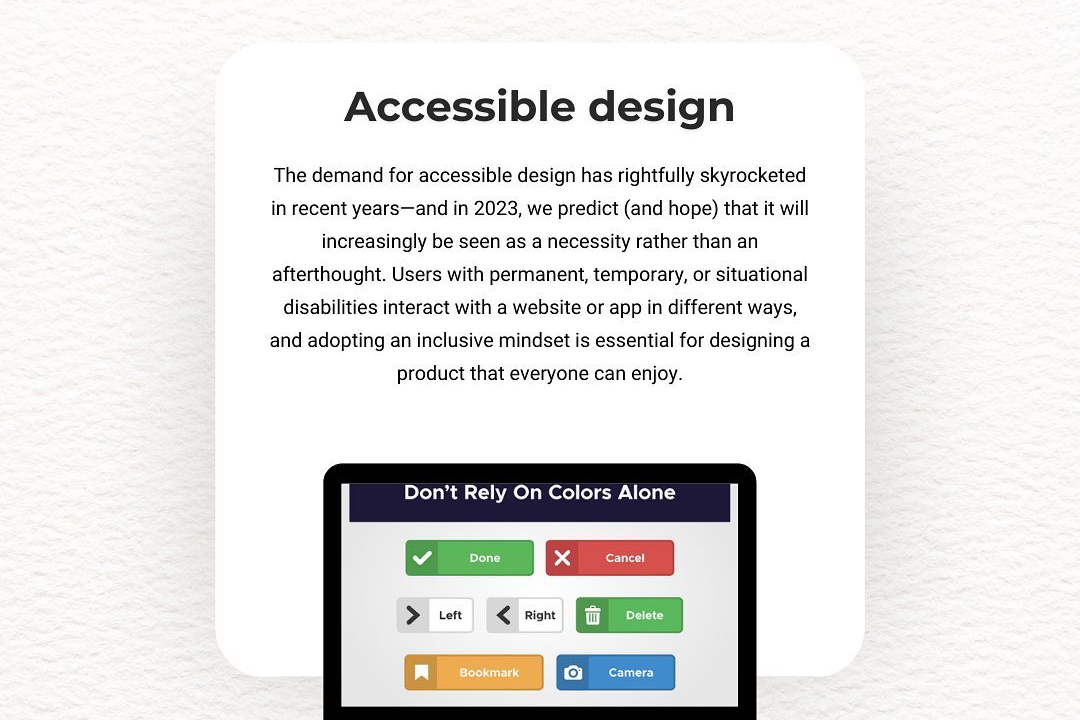Factorial Number Program PHP
A PHP program to calculate the factorial of a number is a simple script that determines the product
Factorial Number Program PHP
A PHP program to calculate the factorial of a number is a fundamental exercise that helps developers understand core programming concepts like loops, recursion, and user input handling. Calculating factorials is useful in various mathematical and statistical applications, such as permutations, combinations, and probability calculations. By learning to implement a factorial program in PHP, aspiring developers can enhance their problem-solving skills, improve their understanding of algorithm design, and lay a strong foundation for more complex programming tasks involving mathematical computations and data processing.
To Download Our Brochure: https://www.justacademy.co/download-brochure-for-free
Message us for more information: +91 9987184296
A PHP program to calculate the factorial of a number is a fundamental exercise that helps developers understand core programming concepts like loops, recursion, and user input handling. Calculating factorials is useful in various mathematical and statistical applications, such as permutations, combinations, and probability calculations. By learning to implement a factorial program in PHP, aspiring developers can enhance their problem solving skills, improve their understanding of algorithm design, and lay a strong foundation for more complex programming tasks involving mathematical computations and data processing.
Course Overview
The ‘Factorial Number Program PHP’ course covers how to calculate factorials using PHP, including iterative and recursive methods. It provides a clear understanding of loops, functions, and mathematical logic, enabling students to develop efficient algorithms for factorial calculations and apply similar techniques to other programming challenges.
Course Description
Learn how to calculate factorials efficiently using PHP in this course. It covers iterative and recursive implementations, helping you master control structures and functions to solve mathematical problems programmatically.
Key Features
1 - Comprehensive Tool Coverage: Provides hands-on training with a range of industry-standard testing tools, including Selenium, JIRA, LoadRunner, and TestRail.
2) Practical Exercises: Features real-world exercises and case studies to apply tools in various testing scenarios.
3) Interactive Learning: Includes interactive sessions with industry experts for personalized feedback and guidance.
4) Detailed Tutorials: Offers extensive tutorials and documentation on tool functionalities and best practices.
5) Advanced Techniques: Covers both fundamental and advanced techniques for using testing tools effectively.
6) Data Visualization: Integrates tools for visualizing test metrics and results, enhancing data interpretation and decision-making.
7) Tool Integration: Teaches how to integrate testing tools into the software development lifecycle for streamlined workflows.
8) Project-Based Learning: Focuses on project-based learning to build practical skills and create a portfolio of completed tasks.
9) Career Support: Provides resources and support for applying learned skills to real-world job scenarios, including resume building and interview preparation.
10) Up-to-Date Content: Ensures that course materials reflect the latest industry standards and tool updates.
Benefits of taking our course
Functional Tools
1 - PHP Programming Language: PHP serves as the primary tool for developing the factorial number program due to its simplicity and widespread use in web development. It provides a server side scripting environment that allows students to understand dynamic coding concepts effectively. PHP's syntax is easy to grasp for beginners, making it ideal for illustrating fundamental programming constructs such as loops, functions, and recursion, which are essential when calculating factorials. During the course, students learn to write clean, efficient PHP code, debug issues, and implement recursive and iterative solutions. This hands on experience with PHP not only enhances their programming skills but also prepares them for developing real world web applications where such logic might be integrated.
2) Integrated Development Environment (IDE): Students utilize popular IDEs like Visual Studio Code or PHPStorm to write, test, and debug their PHP scripts efficiently. These tools provide syntax highlighting, code suggestions, error detection, and version control integration, which streamline the learning process. The IDE environment encourages best practices, facilitates quick iterations, and simplifies problem solving when students encounter bugs or logical errors in their factorial programs. Learning to use an IDE effectively is crucial for professional development, as it boosts productivity and code quality.
3) Web Server Platforms (XAMPP, WAMP): To run PHP scripts locally, students work with web server environments such as XAMPP or WAMP. These platforms package Apache, MySQL, PHP, and other necessary components, creating a seamless environment for testing web applications on their computers. Using these tools, learners can simulate real server operations, manage file structures, and view output through web browsers. This setup helps students understand the complete pipeline of web based applications and the interaction between client server architecture when executing PHP programs. Proper configuration and troubleshooting of these environments form an essential part of the training.
4) Code Version Control Systems (Git): Incorporating Git allows students to track changes in their codebase, collaborate with peers, and manage versions of their factorial programs efficiently. Git's functionalities such as branching, committing, and merging encourage disciplined coding habits and foster teamwork skills. During the course, students learn to initialize repositories, push updates to remote repositories like GitHub, and resolve conflicts, which are vital in real world software projects. Mastering version control enhances project organization and prepares learners for collaborative development environments.
5) Documentation and Commenting Tools: Proper documentation practices are emphasized using inline comments and README files to explain code logic, functions, and implementation choices. Students are trained to write clear, concise comments within their PHP scripts, aiding future reviews and debugging. Additionally, using tools like Markdown for documentation helps them develop professional project reports, which are beneficial when showcasing their work for certification or employment. These skills ensure that their code is maintainable, understandable, and ready for real world deployment or further advancement.
6) Testing and Debugging Tools: The course introduces debugging features available within IDEs, such as breakpoints, step execution, and variable inspection, to help students identify and fix errors efficiently. Automated testing scripts may also be employed to verify the correctness of factorial calculations across various input ranges. Learning to test and debug thoroughly ensures robust program development, reduces runtime errors, and builds confidence in their coding capabilities. These practices are critical for delivering reliable software solutions, especially when working with recursive and iterative algorithms like factorial calculations.
7) Online Coding Platforms and Compilers: Students explore online platforms such as PHP Fiddle, Replit, or 3V4L to practice coding and test their factorial programs instantly without complex local setups. These platforms provide a quick and accessible way to experiment with code snippets, receive immediate feedback, and collaborate with peers. Familiarity with these tools encourages continuous learning and swift troubleshooting, especially for those new to programming environments. They also support sharing code easily for review and collaborative improvements.
8) Learning Resources and Reference Materials: Students are provided access to comprehensive tutorials, official PHP documentation, coding examples, and video lectures to deepen their understanding of factorial logic and PHP programming. These resources serve as valuable references for syntax, best practices, and advanced concepts, empowering learners to extend their knowledge beyond basic programs. Well curated learning materials foster self paced study, critical thinking, and independent problem solving skills.
9) Course Specific Assignments and Projects: To reinforce theoretical knowledge, students undertake practical assignments such as creating variations of factorial calculations—recursive, iterative, and optimized versions. They may also be tasked with developing small web applications that incorporate factorial functions, such as calculators or demonstration pages. These hands on projects demonstrate their ability to implement concepts practically, encouraging creativity, best coding practices, and real world readiness.
10) Performance Optimization Techniques: The coursework introduces basic strategies for improving the efficiency of factorial programs, including tail recursion, memoization, and minimizing stack usage. Students learn how to analyze the performance implications of different implementations, especially for large input values. Understanding these optimization methods sharpens their coding skills and prepares them to develop scalable and efficient solutions in a professional setting.
11 - Error Handling and Validation: Students are guided to implement input validation to handle non numeric or negative inputs gracefully. They learn to incorporate error messages and exception handling practices within PHP scripts, ensuring their programs are resilient, user friendly, and secure. These skills are essential in real world applications where robustness and user experience are critical.
12) Security Best Practices: The courses highlight fundamental security measures relevant to PHP programming, such as preventing code injection and ensuring safe data handling. While modeling simple factorial calculations, learners gain awareness of common vulnerabilities and learn how to mitigate risks, establishing a foundation for developing secure web applications.
13) Cross Platform Compatibility: Emphasis is placed on writing PHP code that runs seamlessly across different web servers and operating systems. Students test their factorial programs on varied platforms, gaining insights into environment specific issues and ensuring their code is portable and adaptable for diverse deployment scenarios.
14) Feedback and Peer Review Sessions: The course incorporates structured reviews where students share their code, provide constructive feedback, and discuss alternative approaches. This collaborative environment fosters critical analysis, improves code quality, and enhances communication skills—preparing learners for team based development projects.
15) Certification and Portfolio Building: Upon successful completion of the course, students receive certification from JustAcademy, which includes their project work and code samples. They are also encouraged to build a portfolio showcasing their factorial program projects, which can be used for job applications or further specialized learning, thereby enhancing their professional prospects.
Browse our course links : https://www.justacademy.co/all-courses
To Join our FREE DEMO Session:
This information is sourced from JustAcademy
Contact Info:
Roshan Chaturvedi
Message us on Whatsapp: +91 9987184296
Email id: info@justacademy.co
Automate Native App Appium Selenium Nougat












